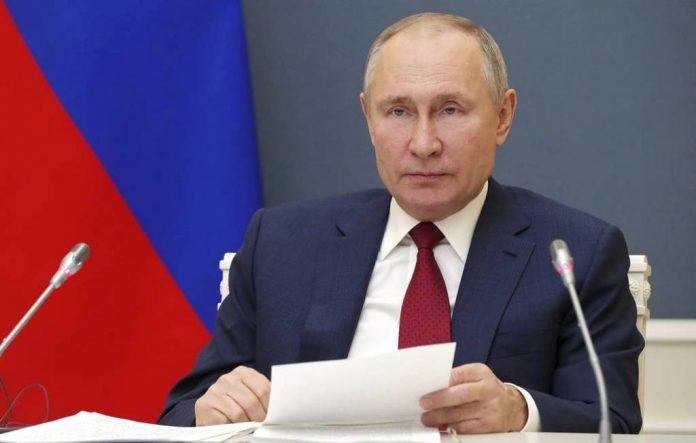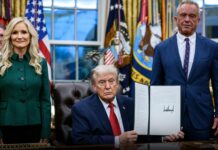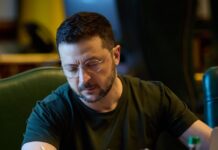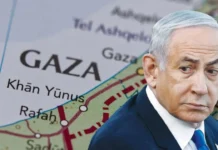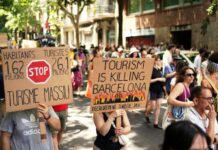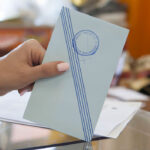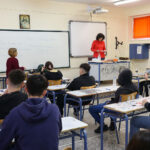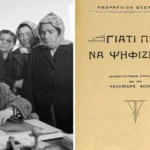The International Criminal Court (ICC) on Friday issued an arrest warrant for Russian President Vladimir Putin and Russian official Maria Lvova-Belova for an alleged scheme to deport Ukrainian children to Russia.
The court said there “are reasonable grounds to believe that Mr Putin bears individual criminal responsibility” for the alleged crimes, for having committed them directly alongside others, and for “his failure to exercise control properly over civilian and military subordinates who committed the acts.”
The charges, which relate to an alleged practice that CNN and others have reported on, are the first to be formally lodged against officials in Moscow since it began its unprovoked attack on Ukraine last year.
It remains unlikely that a trial at The Hague will go ahead; Russia is not a member of the ICC and the court does not conduct trials in absentia, so any Russian officials charged would either have to be handed over by Moscow or arrested outside of Russia.
Earlier this month, CNN reported on 15-year-old Arina Yatsiuk, one of 345 Ukrainian children who disappeared since Russia’s February 2022 invasion, according to official Ukrainian statistics.
The Ukrainian government says many of the missing children have been forcibly taken to Russia. The Russian government doesn’t deny taking Ukrainian children and has made their adoption by Russian families a centerpiece of propaganda.
One senior Ukrainian official told CNN on Monday that Kyiv has been pushing the ICC for some time to seek arrest warrants against Russian individuals in relation to the war in Ukraine.
In April, the office of Lvova-Belova, the Russian Commissioner for Children’s Rights, said that around 600 children from Ukraine had been placed in orphanages in Kursk and Nizhny Novgorod before being sent to live with families in the Moscow region.
As of mid-October, 800 children from Ukraine’s eastern Donbas area were living in the Moscow region, many with families, according to the Moscow regional governor.
Some of the children have ended up thousands of miles and several time zones away from Ukraine. According to Lvova-Belova’s office, Ukrainian kids have been sent to live in institutions and with foster families in 19 different Russian regions, including Novosibirsk, Omsk and Tyumen regions in Siberia and Murmansk in the Arctic.
Ukrainian President Volodymyr Zelensky’s Chief of Staff, Andry Yermak, said on Telegram on Friday that the arrest warrant issued for Putin is “just the beginning.”
“The world has received a signal that the Russian regime is criminal and that its leadership and accomplices will be brought to justice,” Ukrainian General Prosecutor, Andriy Kostin, added in a post on Facebook on Friday.
“This means that Putin must be arrested outside of Russia and brought to trial. And world leaders will think twice before shaking his hand or sitting down with him at the negotiating table.”
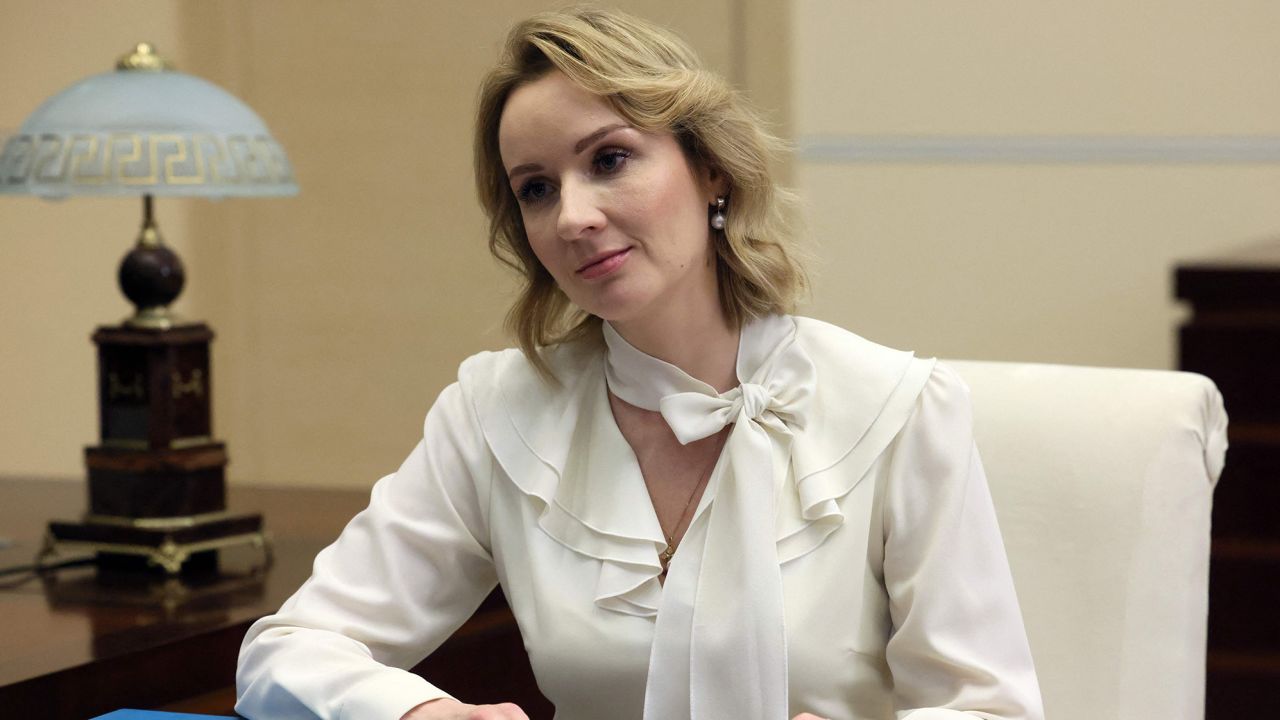
Court of ‘last resort’
Moscow rejected the warrant on Friday. Maria Zakharova, a spokeswoman for the ministry of foreign affairs, said the court has “no meaning” for the country, “including from a “legal point of view.”
“Russia is not a member of the Rome Statute of the International Criminal Court and bears no obligations under it. Russia does not cooperate with this body, and possible [pretences] for arrest coming from the International Court of Justice will be legally null and void for us,” she said.
“Wheels of Justice are turning,” the Ukrainian Minister of Foreign Affairs, Dmytro Kuleba, said in a tweet. “I applaud the ICC decision to issue arrest warrants for Vladimir Putin and Maria Lvova-Belova over forcible transfer of Ukrainian children. International criminals will be held accountable for stealing children and other international crimes.”
Located in The Hague, Netherlands, and created by a treaty called the Rome Statute first brought before the United Nations, the ICC operates independently. Most countries on Earth – 123 of them – are parties to the treaty, but there are very large and notable exceptions, including Russia.
The ICC is meant to be a court of “last resort” and is not meant to replace a country’s justice system. The court, which has 18 judges serving nine-year terms, tries four types of crimes: genocide, crimes against humanity, crimes of aggression and war crimes.
The UN on Thursday found in a report that Russia has “committed a wide range of violations of international human rights law and international humanitarian law” in Ukraine.
The report claims that the war crimes perpetrated by the Russians included “attacks on civilians and energy-related infrastructure, wilful killings, unlawful confinement, torture, rape and other sexual violence, as well as unlawful transfers and deportations of children.”
Its findings also documented a small number of violations perpetrated by the Ukrainian forces, “including likely indiscriminate attacks and two incidents qualifying as war crimes, where Russian prisoners of war were shot, wounded and tortured,” the United Nations Human Rights statement says.
CNN’s Hira Humayun, Olga Voitovych, Ivana Kottasová and Yulia Kesaieva contributed reporting


